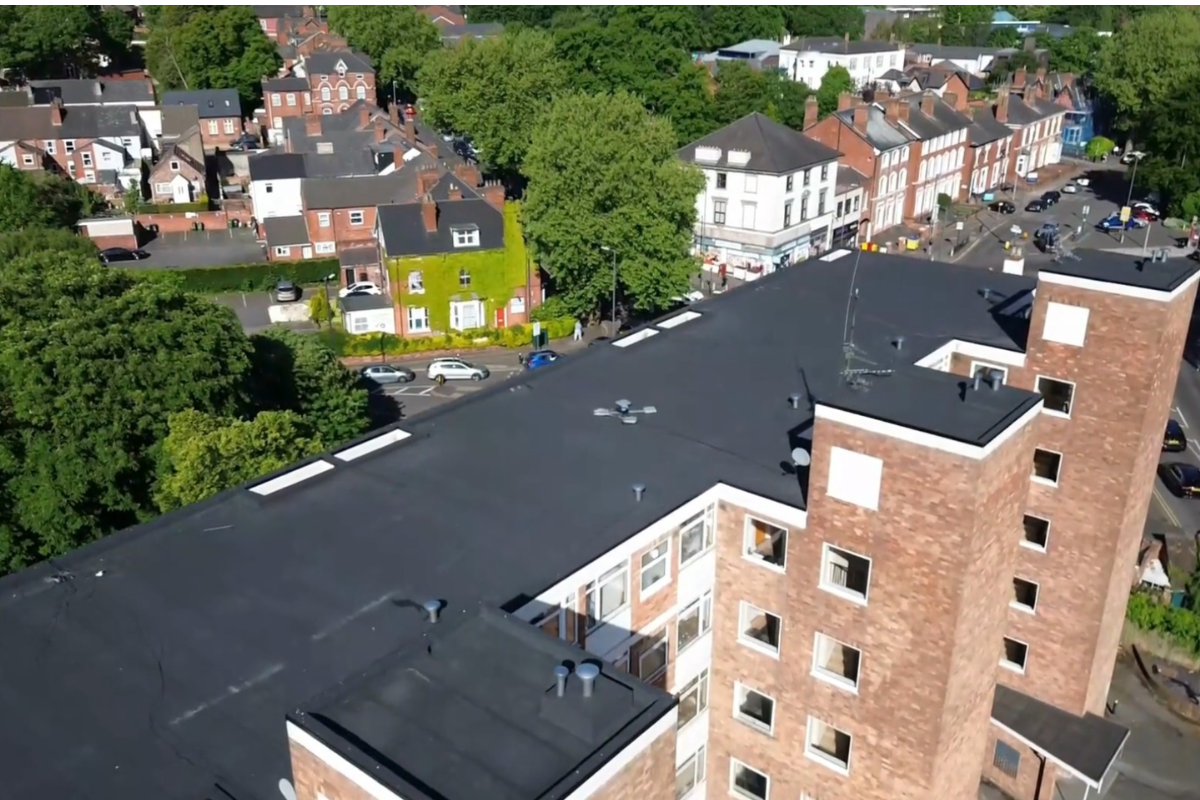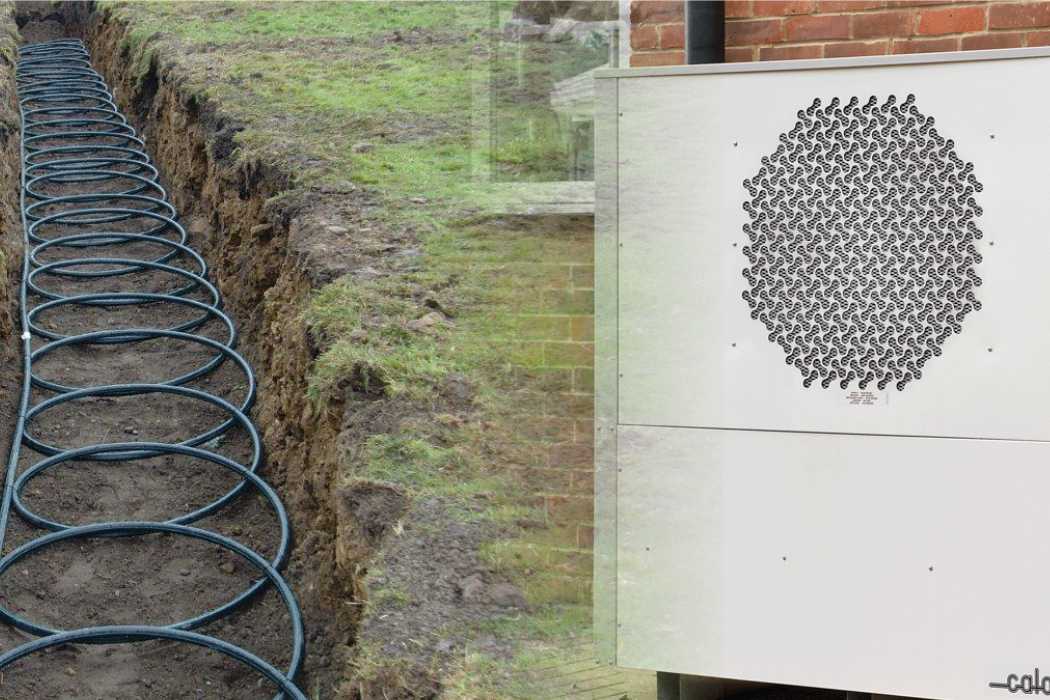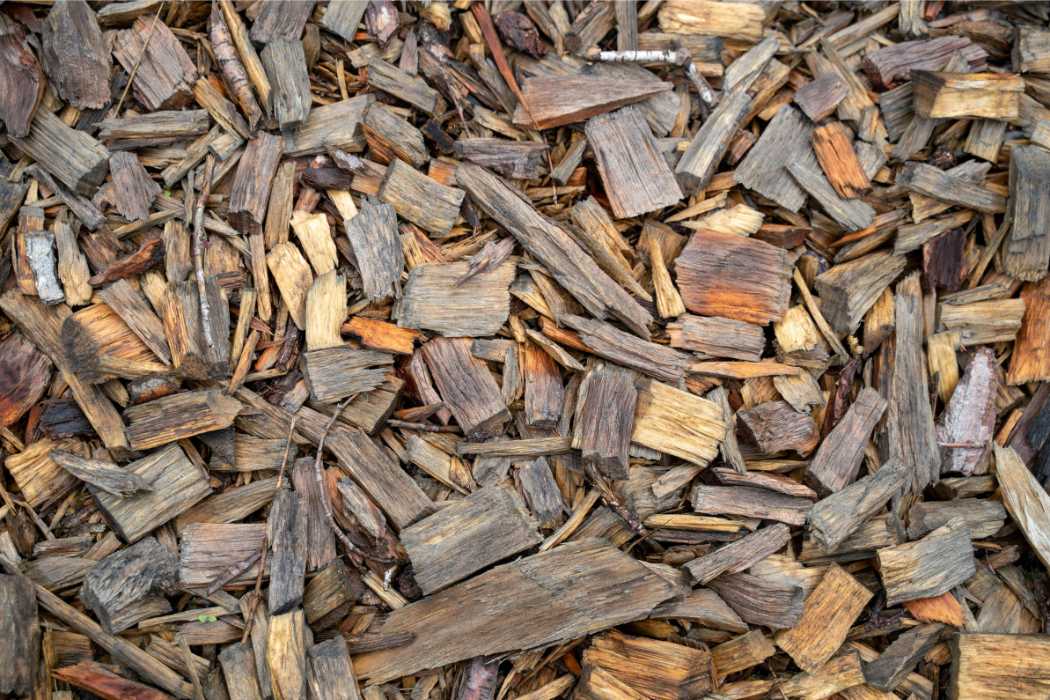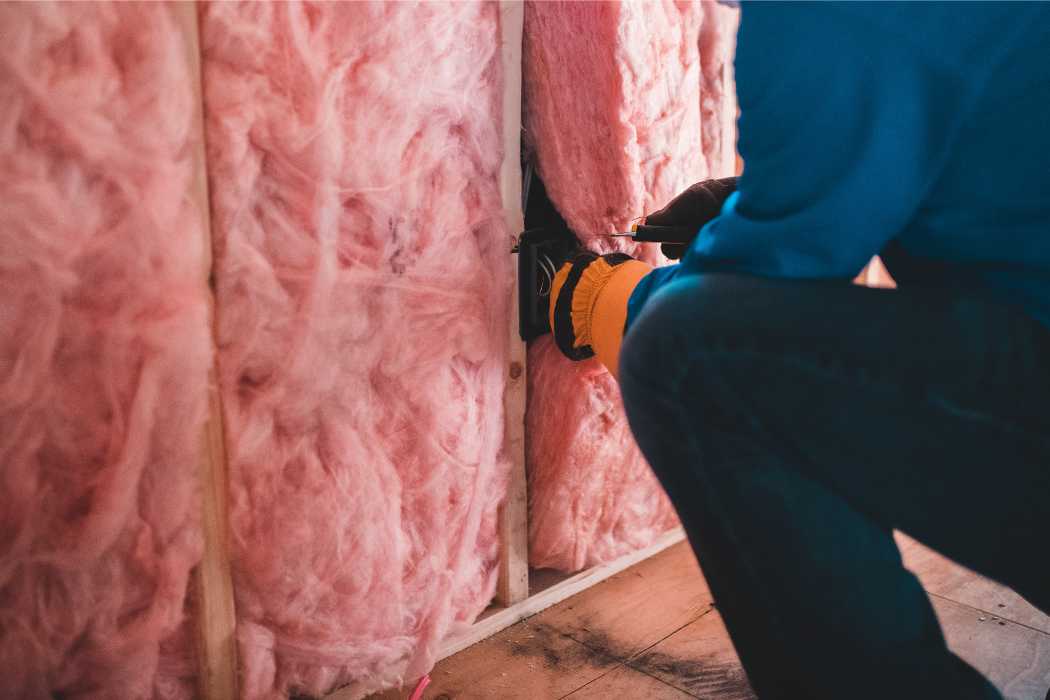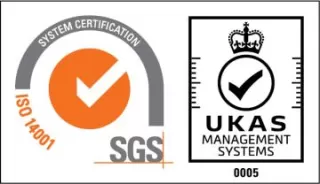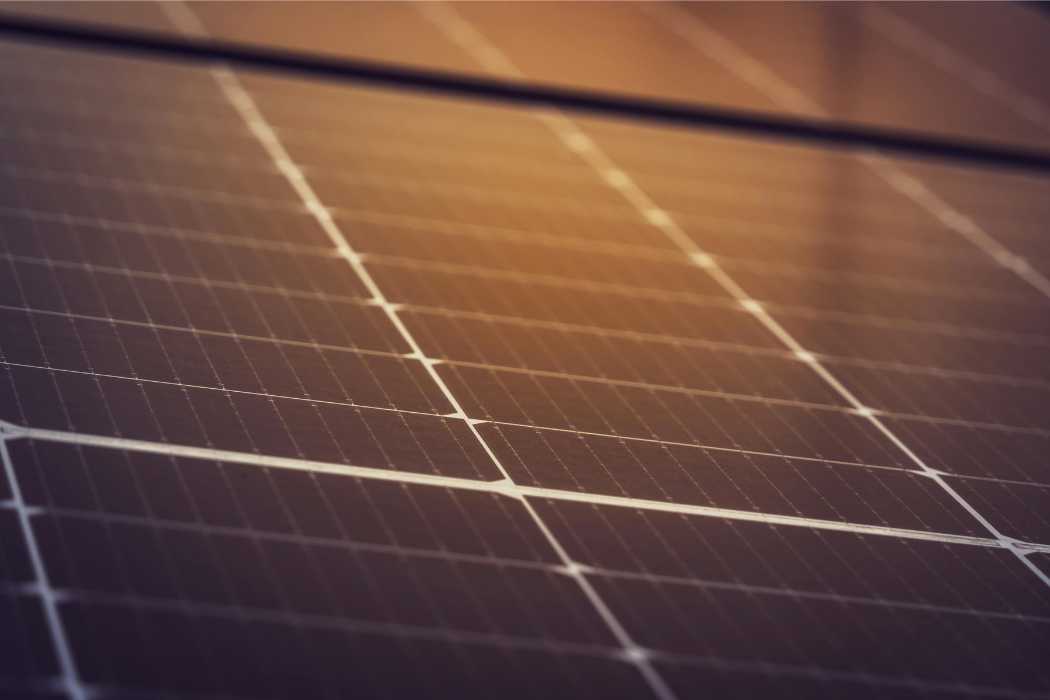
Why solar panels are worth buying
Why solar panels are worth buying
| Advantages of solar panels | Disadvantages of solar panels |
|---|---|
| Reduces electricity bills | Produce inconsistent amounts of electricity due to the UK climate |
| You receive payments through the Feed-in-Tariff (now closed to applications) | Still fairly expensive (although the cost is decreasing drastically year on year) |
| Pays for itself within a few years | Unsuitable for some properties (e.g. those with limited roof space, shaded areas or north-facing roofs) |
| Increases the value of your home | |
| Helps the environment | |
| Installation is relatively straightforward | |
| Need very little maintenance | |
| Last a long time |
The financial benefits of solar panels
- Bills reduced by around £70
- Your property increases in value
Though the cost of installing solar panels isn’t insignificant, it is offset by:
- the savings you make on your energy bills
- Financial benefits such as the Feed-In-Tariff (now closed for applications)
Reducing your bills
Once your solar panels are up and running, you can use the electricity they generate first, before you take any from the national grid. Doing this will lower your overall electricity bill.
The Energy Saving Trust estimates that for a 4kW system installed in England, Scotland or Wales, you can expect a yearly saving of approximately £70.
Another way to reduce your bills is to use solar batteries. These allow you to store the energy your panels produce, then use it when there’s no daylight.
Solar battery technology is relatively new, but it’s improving all the time and becoming more and more affordable.
Payments from the Feed-in-Tariff (no longer running)
The Feed-in-Tariff (FIT) was a Government-backed scheme where you get paid for the energy your solar panels produce. Your energy supplier makes the payments to you every three months.
The scheme was designed to reward householders and businesses for investing in renewable energy.
The Feed-In-Tariff will be replaced with the Smart Export Guarantee.
How much do you get?
FIT payments have two parts:
| Generation tariff |
|
|
|---|---|---|
| Export tariff |
|
Generation tariff
- This part of the payment is for the energy you produce, even when you use it yourself.
- You’re paid a set rate for each unit of electricity you generate.
- Once your solar panel system is registered with the FIT, the rates you’re offered are guaranteed for the full period of the scheme (up to 20 years) but will rise or fall with inflation.
- Currently you get:
- 3.93p per kWh if your solar PV system is below 10kW (most domestic systems will be under 10kW)
- 4.17p per kWh for systems between 10–50kW
- The average 4kW solar panel system in the south of England can produce 3,800 kWh per year, while in Scotland it is approximately 3,200 kWh. This amounts to yearly generation payments of £160 in southern England and £128 in Scotland.
- For northern England and Yorkshire, output and generation payments will be somewhere between these two figures.
Export tariff
- This is an extra payment made when you don’t use all the energy your panels produce (in effect, you sell that electricity back to the national grid).
According to the Energy Saving Trust, at current tariff rates for a 4kW solar panel system, your total yearly savings, on average, would amount to:
- £235 to £250 in London
- £210 to £220 in Manchester
- £195 to £210 in Scotland
Increasing the value of your home
A survey undertaken by ING Direct found that solar panels are one of the most desired extra features of a home., while a government report says fitting solar panels can increase house prices by up to 14%.
Solar panels also improve the property’s EPC rating, which increases its overall value.
The environmental benefits of solar panels
- Solar energy is environmentally friendly
- Solar power is very reliable and never runs out!
Solar panels provide a sustainable source of energy that limits your household’s negative effect on the environment. For many customers, this is one of the most compelling reasons to install them.
Unlike fossil fuels such as coal and natural gas, solar power puts barely any carbon into the atmosphere, and has a minimal carbon footprint caused only by elements of its manufacturing process.
What’s more, solar energy is incredibly reliable—it will never run out. As long as there’s daylight, the power is available!
The practical benefits of solar panels
- Easy to install
- Enable you to more closely monitor your energy use
- Need very little maintenance
- Long lifespan
Installation
Installing solar panels is simple and shouldn’t cause you much disruption. While most solar panel systems are fitted to roofs, there are ground-mounted and wall-mounted options if you have enough space.
Your installer will fit a meter inside your home to enable you to monitor how much energy your panels are generating.
Maintenance
Because solar panels have no moving parts, they’re incredibly reliable and require very little maintenance. Most systems come with a guarantee of 20 to 30 years, but there’s no reason why they won’t continue working for much longer than that.
You should check your panels for dirt or debris every few months, and have them cleaned once a year to keep them working to their best.
Our guide to cleaning and maintaining solar panels explains how best to do this.

